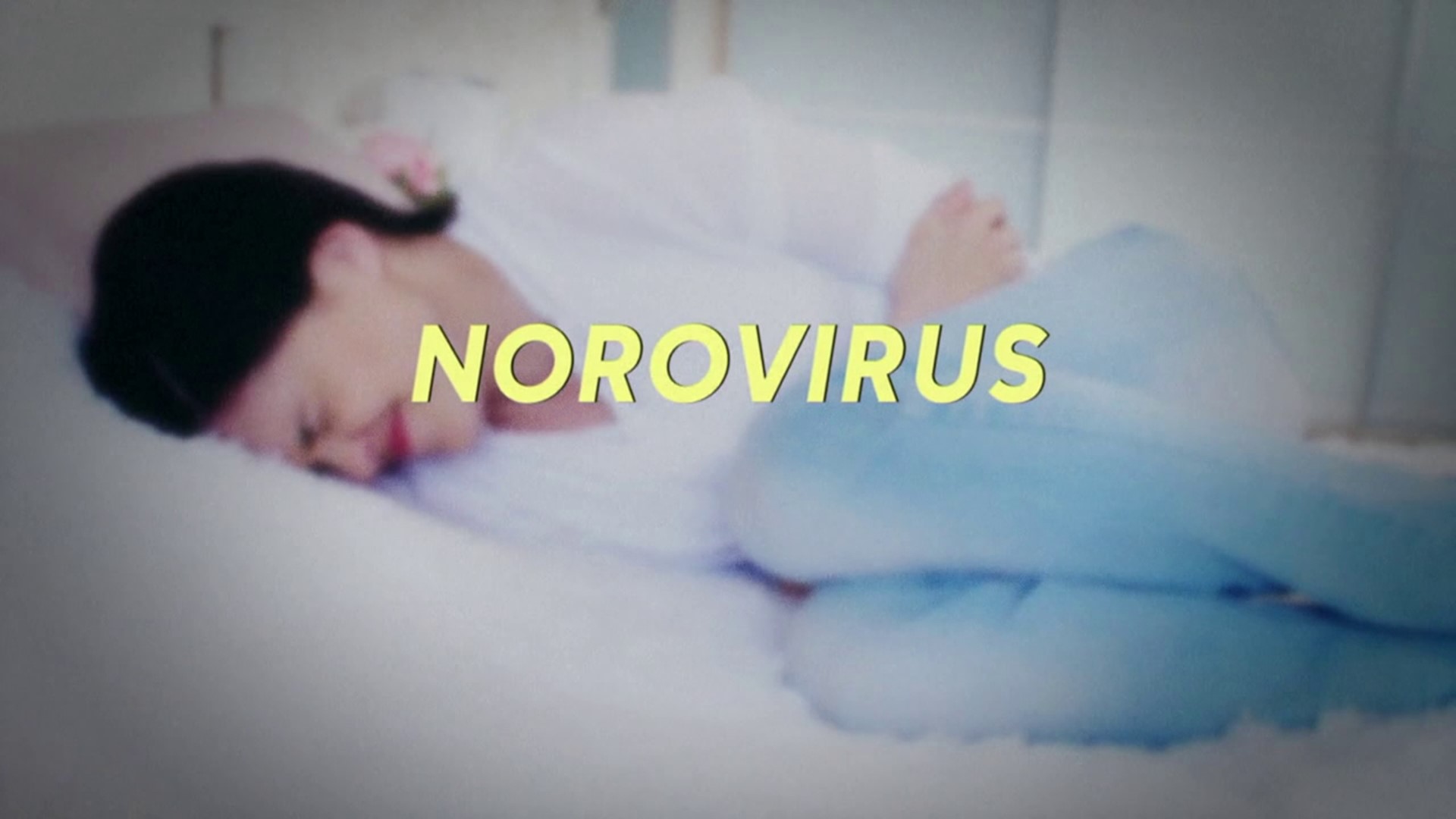STROUDSBURG, Pa. — A recent outbreak of norovirus cases across the northeast is causing doctors and nurses at St. Luke's Monroe Campus near Stroudsburg to be on high alert.
"It comes on very suddenly. It hits you like a ton of bricks, and you don't feel like eating a thing. I mean, you are just wiped," said Dr. Jeffrey Jahre, the senior vice president of medical and academic affairs for St. Luke's University Health Network.
Dr. Jahre says the virus is extremely contagious and is very common to catch during the winter months from November to April.
The virus also has a short incubation period from when you come in contact with it until symptoms show.
"It's a sudden onset of just feeling very weak and having marked amount of vomiting and diarrhea and abdominal cramps," Dr. Jahre said. "It sometimes can also be associated with a bit of a headache and a low-grade temperature."
Norovirus is a known problem on cruise ships, but Dr. Jahre says it can spread anywhere, especially in schools and confined places.
There is no vaccine for the virus, but there are several things you can do to try and prevent from getting it, like keeping your hands away from your face and avoiding being around those who are sick.
"Make sure that there's proper hygiene when you're in that kind of environment, and very frequent hand washing will help you tremendously," said Dr. Jahre.
He also advises that alcohol-based cleaners don't work, like hand sanitizer.
If you get the norovirus illness, drink plenty of liquids to replace fluid loss and prevent dehydration. Dr. Jahre says the virus usually lasts 24 to 48 hours.

